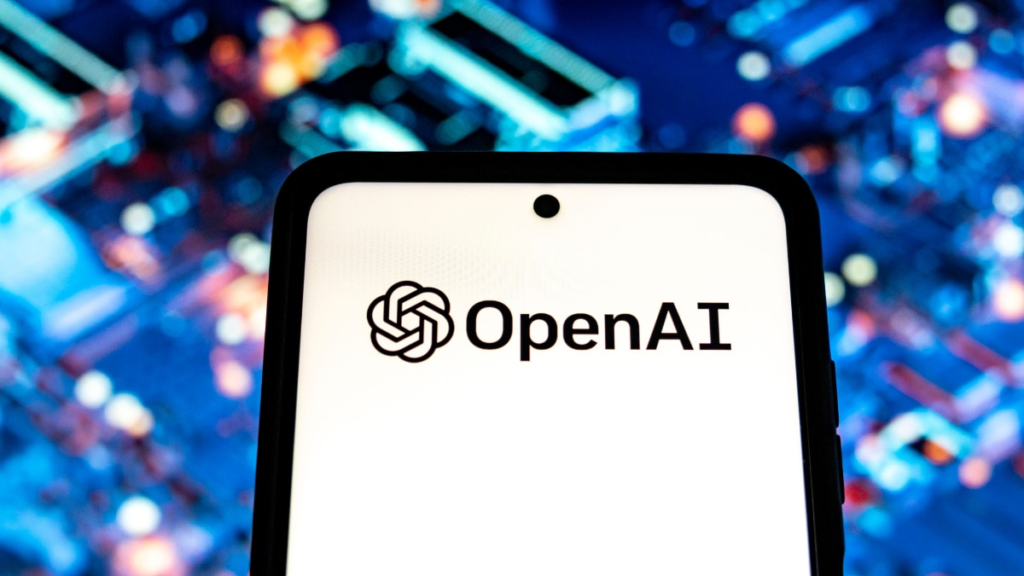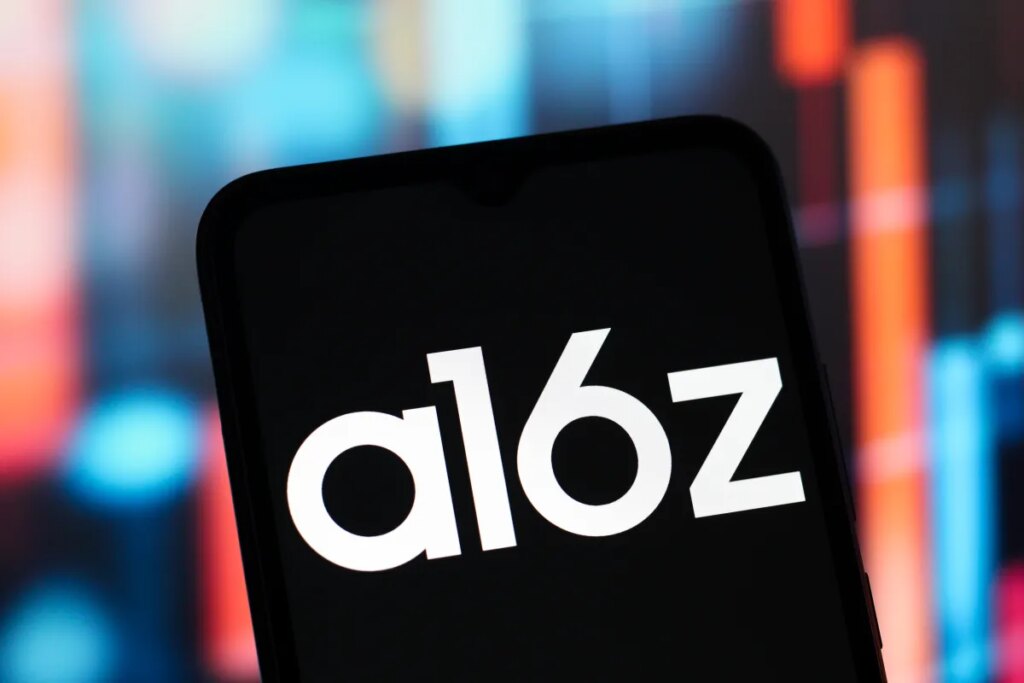The Rise of Synthetic Voice Technology: OpenAI’s Voice Engine
OpenAI, a leader in artificial intelligence innovation, has once again pushed the boundaries of technology with the introduction of Voice Engine. This cutting-edge system allows users to replicate their voices from a mere 15-second recording, opening up a world of possibilities for voice synthesis.
Facilitating Creative Expression Through Voice Replication
Initially known for its tools that enable the creation of digital images and full-motion videos, OpenAI has now ventured into voice replication technology. By uploading a short recording of oneself along with a paragraph of text, users can experience the system articulating the text in a synthetic voice that closely mimics their own. The versatility of Voice Engine is evident as it can replicate voices in various languages, transcending linguistic barriers.
Notably, OpenAI is currently testing Voice Engine with a select group of businesses, demonstrating caution in its approach to widely distribute this technology. The company recognizes the potential risks associated with voice generators, especially in the age of misinformation and online impersonation.
The Perceived Risks and Ethical Concerns
Jeff Harris, Product Manager at OpenAI, emphasized the sensitive nature of this technology and stressed the importance of executing it correctly. The company is vigilant about potential misuse of Voice Engine, particularly in scenarios where individuals could be impersonated or voice authentication systems compromised.
OpenAI’s exploration of methods to address these concerns includes incorporating watermarks into synthetic voices and implementing controls to prevent unauthorized use of replicated voices, particularly in sensitive contexts like political discourse. The company’s proactive stance reflects the broader industry trend, with tech giants like Google and startups like ElevenLabs also exploring advanced AI technology for voice synthesis.
Adoption and Future Implications
While OpenAI has provided businesses with various voices for applications like ChatGPT, the public release of a tool like Voice Engine marks a significant step forward. As Harris notes, the ability to replicate any voice from short clips raises unique challenges, especially in contexts like elections where misinformation can have serious consequences.
As OpenAI continues to refine Voice Engine, the implications of widespread voice replication technology are profound. Businesses and individuals alike must grapple with the ethical and security considerations that come with this advanced AI capability. How society navigates the evolving landscape of synthetic voice technology will undoubtedly shape the future of communication and authenticity.
For more information on OpenAI and the latest developments in artificial intelligence, visit the OpenAI website.
Conclusion
OpenAI’s Voice Engine represents a significant advancement in the field of synthetic voice technology, offering unparalleled capabilities for voice replication. While the potential risks and ethical considerations are acknowledged, the creative and communicative possibilities enabled by this technology are vast. As OpenAI and other companies continue to push the boundaries of AI innovation, the responsible development and use of these technologies will be crucial in navigating a digitally connected world.



